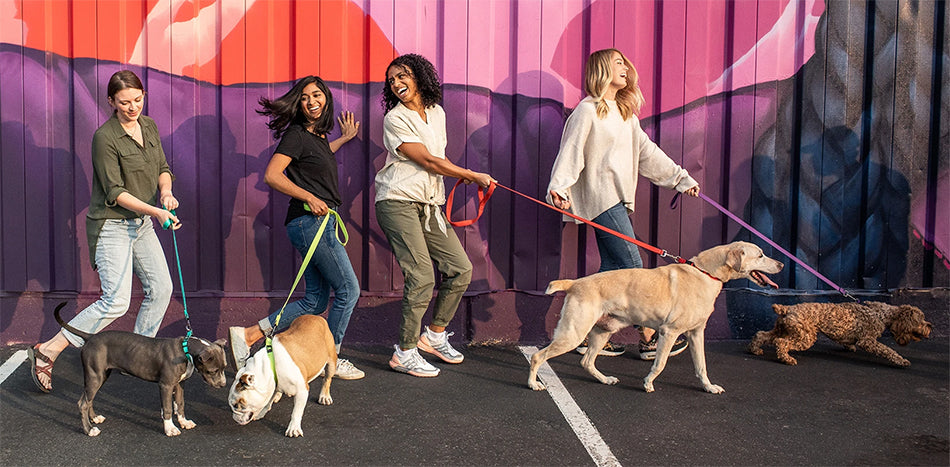Your cart is empty. Let's fix that!


Dogs are famous for getting into things they shouldn’t; the garbage, your brand new shoes, table scraps, and medication. The latter is the scariest, and can be fatal. In cases of dog poisoning, the most common cause is unintentional overdose from medication. We promise you won’t be the first or last to shout “$%*@, my dog ate my medication!”
Firstly, you should determine how much your dog ate, and how strong the dose is in each pill to assess the severity of the situation. If risk of danger seems very low, observing your pet will usually be fine. If there is doubt regarding the risk of danger, you should go to your veterinarian immediately. Provide them with as much information as possible; whether your dog ate pills or drank liquid medicine and the suspected amount consumed. It’s always better to be safe than sorry in these situations. The vet will most likely induce vomiting, then give your pup charcoal to prevent further absorption of any drug that might still remain.
Even as little as one dose of an acetaminophen (Tylenol®) pain reliever can cause severe organ damage in a medium-size dog. Because animals do not have the natural enzymes necessary for processing drugs made for humans, medications like ibuprofen and acetaminophen are a major cause of dog poisoning. Alcohol is also toxic to dogs, so make sure they never get into the wine fridge or liquor cabinet.
The most common dangerous medications are:
In addition to human medications, ingesting too much pet medication can also be very harmful to their health. Pet meds are often flavored to appeal to your dog, so this is something they actually want to eat. The best way to prevent your dog from ingesting dangerous materials is to make them inaccessible by storing them beyond your dog’s reach. Lids and bottle caps should also always be tightly screwed on.
As mentioned earlier, if you’re unsure how bad the situation is it’s always best to visit the vet. Never try to induce vomiting yourself at home. These attempts usually don’t work and can cause significant stress to your pet. Additionally, time is of the essence since the toxic substance is absorbed every minute you wait. Instead, call your nearest veterinary emergency center for advice and directions.
Beyond medications, it’s also important to remember that there are certain human foods your dog should never eat. Call the Pet Poison Helpline at 1-800-213-6680 with any concerns.